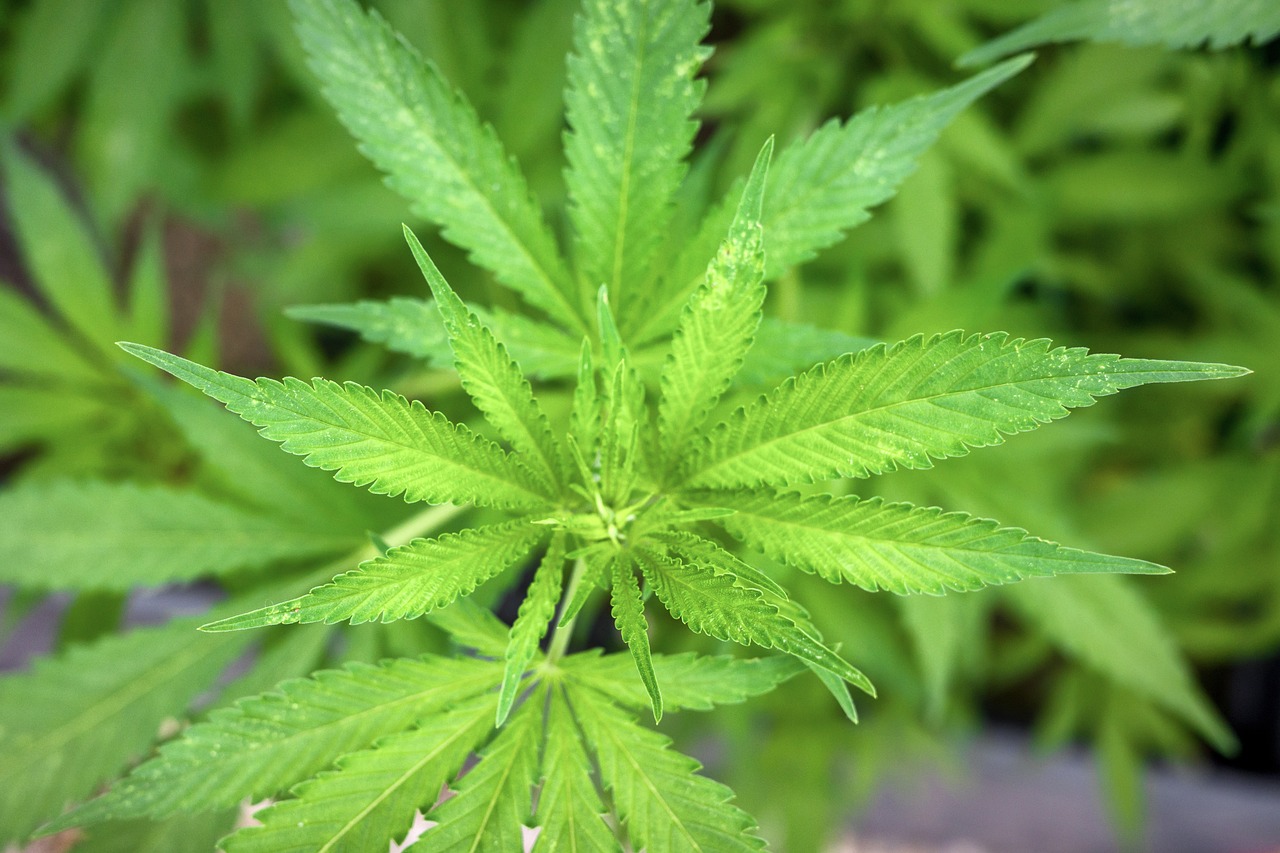In recent years, the interest in natural remedies has surged, with many individuals seeking alternatives to traditional pharmaceuticals. Among these natural options, THCA flower has emerged as a promising candidate for those looking to harness the healing properties of cannabis without the psychoactive effects. This article explores the potential benefits of THCa flower improves mood, supported by research and real-world examples.
Understanding THCA: The Precursor to THC
THCA, or tetrahydrocannabinolic acid, is a non-psychoactive cannabinoid found in raw cannabis plants. Unlike THC, which is known for its mind-altering effects, THCA does not produce a high. This makes it an attractive option for individuals seeking therapeutic benefits without the associated euphoria.
THCA is the acidic precursor to THC. When cannabis is heated through smoking, vaping, or cooking, THCA undergoes decarboxylation, converting into THC. This transformation is why raw cannabis does not produce the same effects as its heated counterpart.
Potential Health Benefits of THCA
Research into THCA is still in its early stages, but preliminary studies and anecdotal evidence suggest several potential health benefits:
- Anti-inflammatory Properties: THCA has shown promise in reducing inflammation, which could be beneficial for conditions like arthritis and inflammatory bowel disease.
- Neuroprotective Effects: Some studies indicate that THCA may help protect brain cells, potentially offering benefits for neurodegenerative diseases such as Alzheimer’s and Parkinson’s.
- Anti-emetic Properties: THCA may help reduce nausea and vomiting, making it a potential option for patients undergoing chemotherapy.
- Appetite Stimulation: Like THC, THCA may help stimulate appetite, which can be beneficial for individuals with conditions that cause appetite loss.
Case Studies and Real-World Examples
Several case studies highlight the potential of THCA flower in real-world applications. For instance, a study published in the “Journal of Clinical Psychopharmacology” examined the effects of THCA on patients with treatment-resistant epilepsy. The results indicated a reduction in seizure frequency, suggesting that THCA could be a valuable addition to epilepsy treatment regimens.
Another example comes from a patient with Crohn’s disease who reported significant symptom relief after incorporating THCA into their treatment plan. While these examples are anecdotal, they provide a glimpse into the potential applications of THCA flower.
Scientific Research and Statistics
While research on THCA is still developing, several studies have provided insights into its potential benefits. A study conducted by the University of Guelph found that THCA exhibited anti-inflammatory properties in animal models, supporting its potential use in treating inflammatory conditions.
Additionally, a survey conducted by the Brightfield Group revealed that 62% of cannabis users reported using THCA-rich products for medical purposes. This statistic underscores the growing interest in THCA as a therapeutic option.
How to Use THCA Flower
For those interested in exploring the benefits of THCA flower, there are several methods of consumption:
- Raw Consumption: Consuming raw cannabis leaves or flowers in smoothies or salads preserves the THCA content without converting it to THC.
- Tinctures and Oils: THCA tinctures and oils offer a convenient way to incorporate THCA into your daily routine.
- Topicals: THCA-infused creams and balms can be applied directly to the skin for localized relief.
Legal Considerations
The legal status of THCA varies by region, so it’s important to be aware of local regulations before purchasing or using THCA products. In some areas, THCA is considered legal due to its non-psychoactive nature, while in others, it may be subject to the same restrictions as THC.
Conclusion
THCA flower presents a promising avenue for those seeking natural healing options. With its potential anti-inflammatory, neuroprotective, and anti-emetic properties, THCA offers a range of benefits without the psychoactive effects of THC. While research is still ongoing, the growing body of evidence and real-world examples suggest that THCA could play a significant role in the future of natural medicine.
As interest in THCA continues to grow, it is likely that more research will emerge, further illuminating its potential and expanding its applications. For now, THCA flower remains a compelling option for those looking to explore the healing power of cannabis in its raw form.
